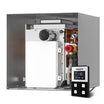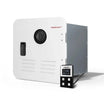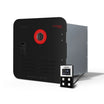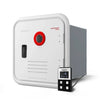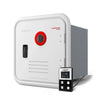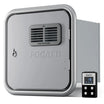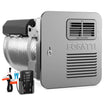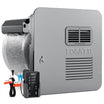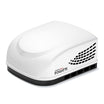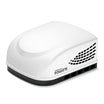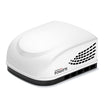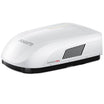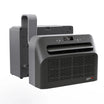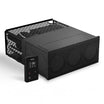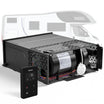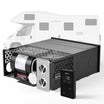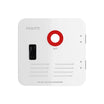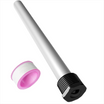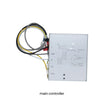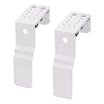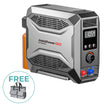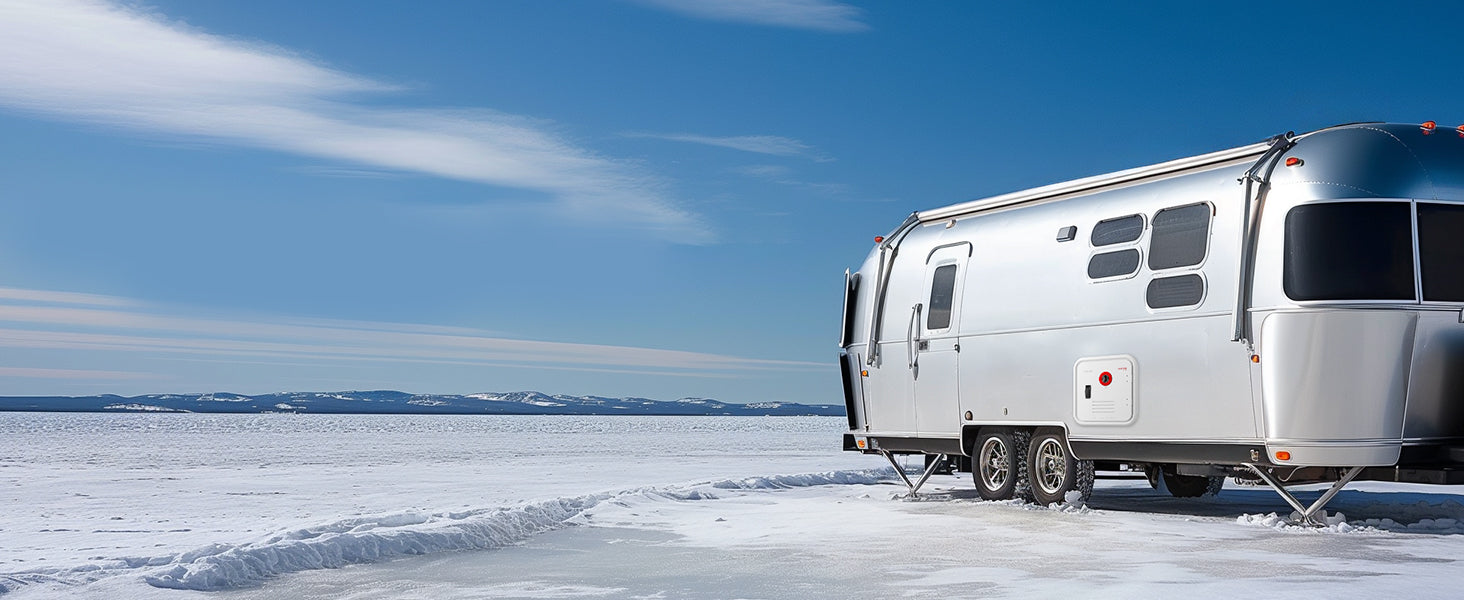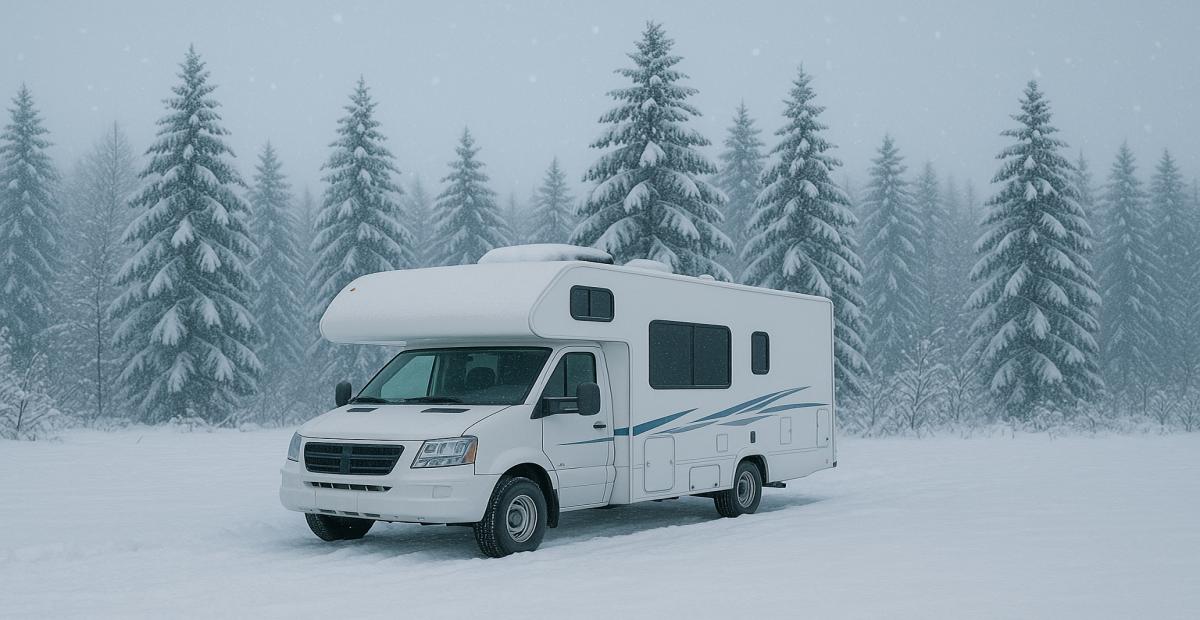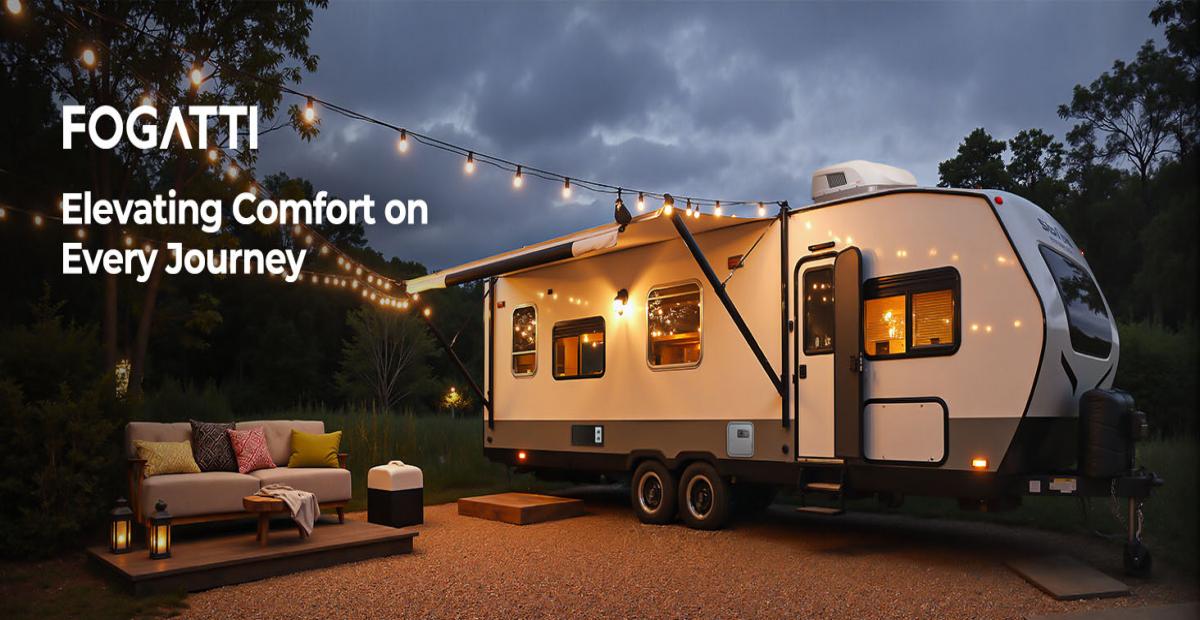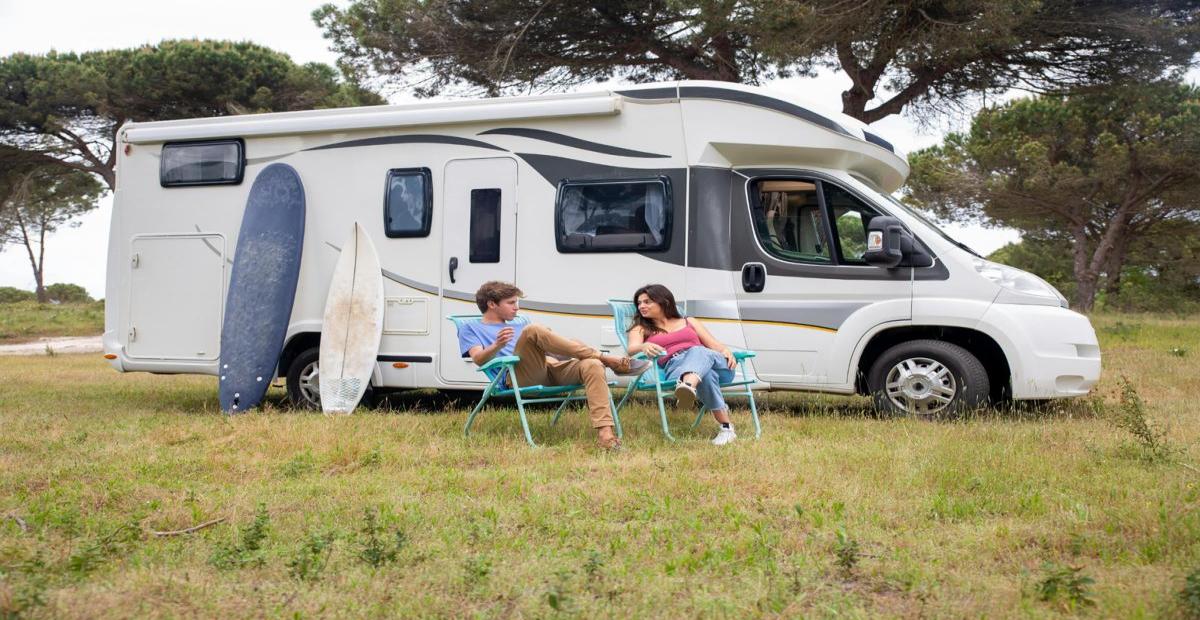The Importance of Preventing Freezing in RV Water Heaters

Freezing temperatures pose a significant threat to RV water heaters, especially in regions with harsh winters. When temperatures drop below freezing, the water in the RV’s pipes and water heater can freeze, leading to various problems. Frozen water can cause costly damage by rupturing tanks, breaking seals, and cracking pipes. It’s crucial for RV owners to prevent this kind of damage to keep their plumbing and water heater systems in good condition.
In colder climates, RV water heaters are at higher risk if the vehicle isn’t properly winterized. Any water left in the system can freeze and expand, putting pressure on pipes and components, which can cause them to break. To avoid these problems and ensure their plumbing systems work well throughout the winter, RV owners need to take proactive steps to winterize their water heaters.
Signs Your RV Tankless Water Heater is in Danger of Freezing
To avoid costly damage to your RV tankless water heater, watch for these signs of freezing:
Inconsistent Water Flow: If water pressure drops suddenly or the flow becomes irregular, ice might form inside the pipes or heater.
Cold Water: If the water from the tap feels cold even when the heater is on, the system might be struggling due to frozen parts.
Strange Noises: Listen for gurgling or knocking sounds, which can mean water is having trouble moving through the system because of trapped air or ice.
Frozen pipes and water heaters can cause cracks, leaks, and expensive repairs, so it’s important to address these signs quickly.
How to Insulate Your RV Tankless Water Heater
Insulating your RV tankless water heater and pipes is essential to prevent freezing in cold weather. Here’s a simple guide to help you protect your system:
Turn off the Water and Power: Disconnect the water supply and shut off any power sources to your water heater.
Clean the Area: To ensure that insulation materials adhere correctly, make sure the area surrounding the heater and pipes is clear of dust and debris.
Install Pipe Insulation: Use foam pipe insulation sleeves to cover exposed pipes. Wrap these sleeves with reflective insulation tape to retain heat for further protection.
To retain the heat, wrap the water heater with a specialized RV water heater insulating blanket.
Seal Cracks and Gaps: To prevent drafts, seal any cracks or gaps close to the water heater or pipes with weatherproof caulk.
Supplies such as foam pipe insulation, reflective insulating tape, and water heater insulation blankets made specifically for RVs are required. These substances aid in retaining heat and avoiding freezing.
Using RV-Specific Antifreeze
RV antifreeze is a liquid that is safe and environmentally friendly, used to keep your RV’s water system from freezing. It’s safe for both plumbing and drinking water.
Here’s how to use it:
Pick RV Antifreeze: Choose antifreeze that’s labeled for RV use, usually made with propylene glycol.
Drain the Water System: Empty all water tanks and pipes so the antifreeze doesn't get diluted.
Add Antifreeze: Use a pump or siphon to put antifreeze in the system. Start with the fresh water tank, then run it through the pipes, faucets, and toilets until pink fluid appears.
Check for Leaks: Make sure there are no antifreeze leaks in your plumbing system by checking the joints and connections.
Using RV antifreeze is a key step in getting your RV ready for winter. It keeps the water in your pipes from freezing and causing damage, protecting your plumbing system and water heater from the cold.
Steps to Take Before and After Your RV Winter Trip
Before You Head Out for a Winter RV Trip:
Get Your RV Ready for Winter: Empty all the plumbing lines and add RV antifreeze to prevent the water heaters, pipes, and pumps from freezing up.
Insulate Exposed Areas: Cover exposed pipes with insulation and, if needed, use heat tape to keep them from freezing. Adding a water heater blanket can help too.
Check the Weather Forecast: If it’s going to be very cold, consider bringing your RV indoors or using extra heaters.
After Your Winter RV Trip:
Drain and Clean: Empty any remaining water from the system to prevent freezing in the pipes.
Check for Freeze Damage: Once you’re back from your trip, give your RV a thorough look-over for any cracks or leaks caused by freezing to dodge any costly repairs down the line.
Overall Tip: Prepping your RV for the cold before and after your trip is a smart move to keep your water heater and plumbing system from freezing up.
Keep Your RV Tankless Water Heater Safe This Winter
To prevent your RV tankless water heater from freezing, it's important to combine preparation, insulation, and maintenance. Start by winterizing your RV—drain the water lines and add RV antifreeze. Insulate the pipes, and use water heater blankets and heat tape for added protection. Regularly check your water heater and plumbing for damage or leaks and fix them before it gets cold. Winterize your RV by draining the system, adding antifreeze, and insulating the pipes. This helps avoid frozen pipes and expensive repairs. Keep up with maintenance to ensure your RV's water heater runs smoothly, even in the cold.


